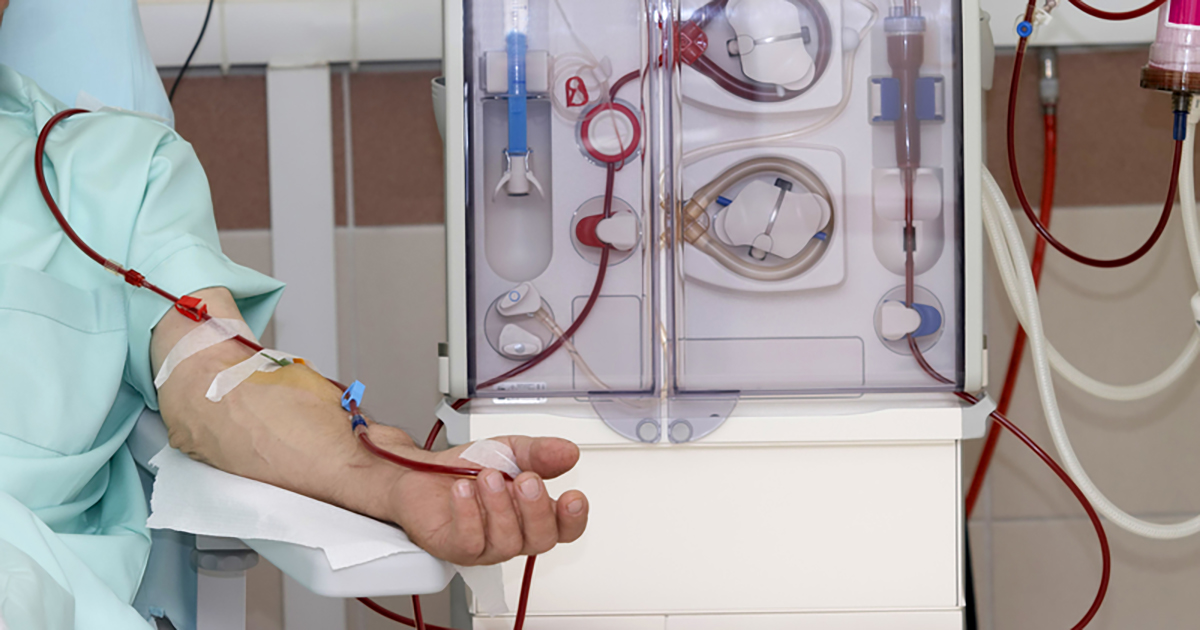Acute Nephritis Treatment Options
Acute nephritis is a serious condition that causes swelling and inflammation in the kidneys and bladder. While this condition can be painful, if it is caught and treated early enough, acute nephritis typically responds pretty well to treatment efforts. This does not mean each type of acute nephritis is curable, but even the incurable forms can have their symptom severity reduced through proper medical diagnosis and treatment. The most common treatments for the different types of acute nephritis include receiving dialysis, taking nutritional supplements, taking prescribed medication, getting your best rest each night, and making significant dietary changes. Start reading to learn more now.
Dialysis

Individuals dealing with seriously impaired kidney functions due to acute nephritis often have to undergo dialysis. During this procedure, a patient is hooked up to a computerized machine that does what the kidneys can no longer do by filtering the excess waste from your bloodstream. These specialized machines work to keep your electrolytes and fluids in balance while receiving treatment. Several different types are available and depend on what kind of kidney damage is present. This can be just a temporary treatment, but more profound cases of acute nephritis might require long-term (even permanent) treatment.
